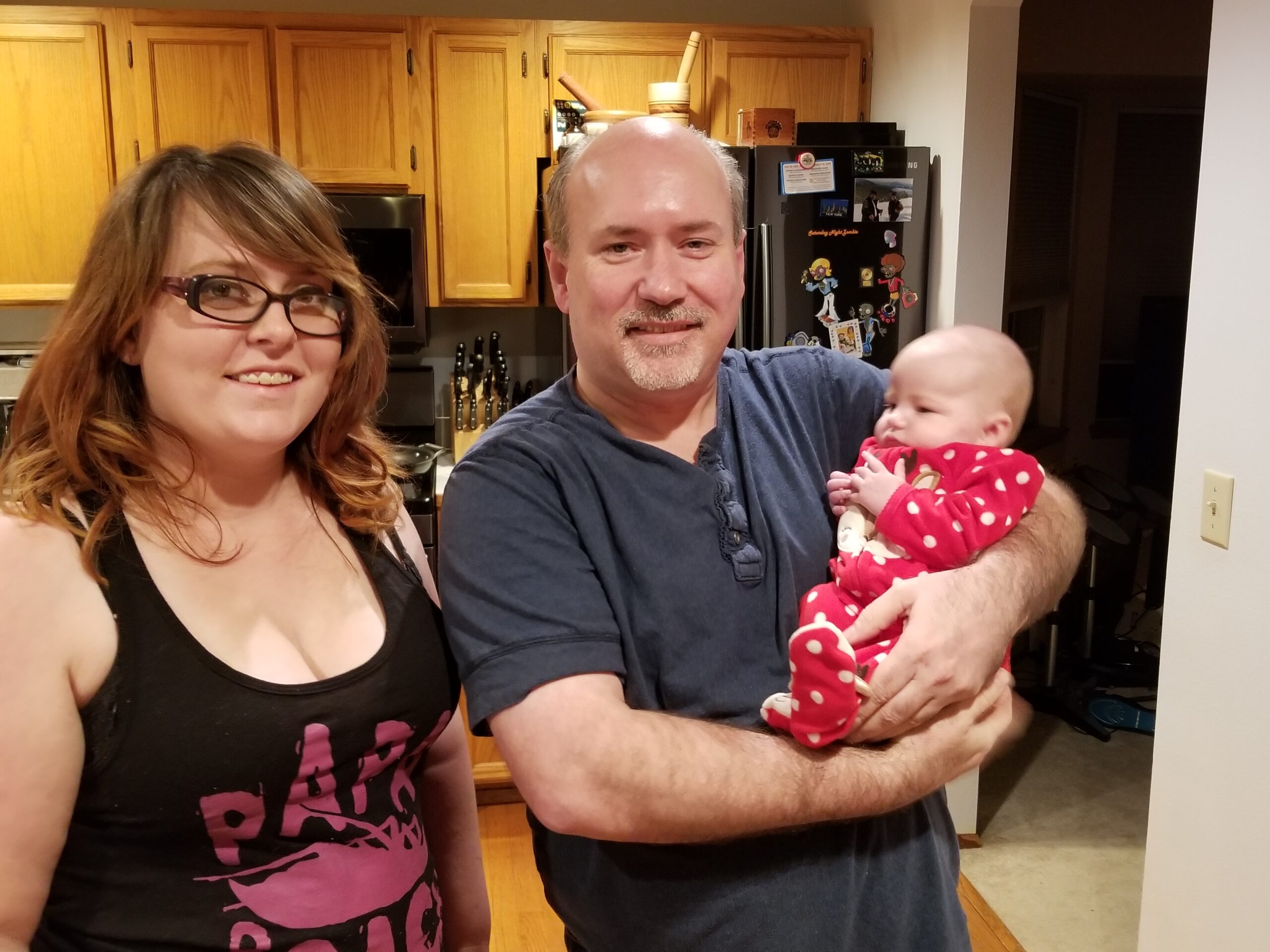by John Wolf
 The ULF has been a part of my life for nearly 14 years. My involvement began shortly after my daughter, Ashley was diagnosed at the age of 10 with Cerebrotendinous Xanthomatosis (CTX) in 1994. After the initial shock of the diagnosis wore off, we took it upon ourselves to learn as much as we could about the disease and understand the breadth of the situation.
The ULF has been a part of my life for nearly 14 years. My involvement began shortly after my daughter, Ashley was diagnosed at the age of 10 with Cerebrotendinous Xanthomatosis (CTX) in 1994. After the initial shock of the diagnosis wore off, we took it upon ourselves to learn as much as we could about the disease and understand the breadth of the situation.
As with any diagnosis this rare combined with few doctors knowing anything about it, combined with privacy laws adding to the difficulty of locating others affected, it was challenging situation. This was also before the ushering in of social media in its current form, which complicated things further. Through persistence and going many pages deep on an internet search, eventually I was able to locate a few families who were affected by CTX whether it was caring for a family member, or themselves being affected.
We quickly learned the landscape of the diagnostic journey, treatment, and what was being done from and advocacy standpoint wasn’t where it needed to be so we I took it upon ourselves to take up a cause to improve that. Through our efforts, the ULF became aware of what we were doing and invited us to their offices for a few days visit. The night before we left to fly home, we were invited, and accepted the opportunity to join the ULF board of directors.
In the 15 years since Ashley’s diagnosis, the ULF has helped to bridge the gap by bringing CTX affected families together via their annual conference as well as CTX specific meetings. I am very grateful and fortunate to be able to say that Ashley is healthy, living by all definitions a normal life and recently gave birth to my first grandchild. I continue to advocate for her and beyond that, for those that have been diagnosed since her diagnosis and those who will be diagnosed in the future.
There have been many bumps in the road and without the influence of the ULF, and the access that the annual conference provides to their network of medical professionals, resources, and families, I can confidently say that the diagnostic journey, access to information, awareness, research, and treatment would not be where it is today. There is still much to be done and I am certain that the ULF will continue to help support all families, including those affected by CTX and result in further improvements for CTX patients.
